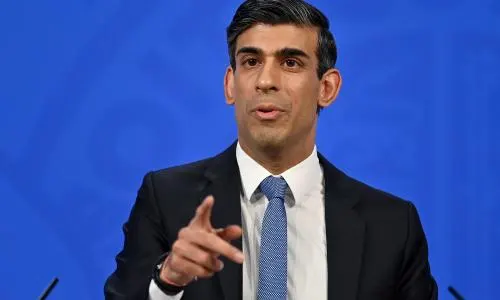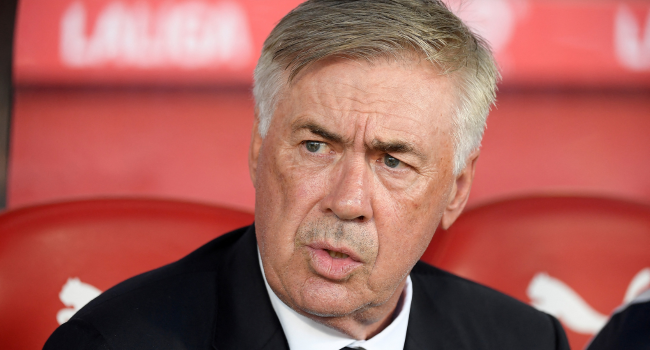INTERNATIONAL 10/05/2024
Chad Junta Chief Deby Wins Presidential Vote

Chad’s junta chief Mahamat Idriss Deby Itno won this week’s presidential election in the first round, according to provisional official results released Thursday, extending his family’s decades-long grip on power.
Monday’s vote aimed to end three years of military rule in a country crucial to the fight against jihadism across Africa’s Sahel desert region.
The ANGE electoral commission said Deby won 61.03 per cent of votes, beating Prime Minister Succes Masra, who garnered only 18.53 per cent, in results due to be confirmed by the Constitutional Council.
“I am now the elected president of all Chadians,” Deby said in a brief televised address, promising to make good on his “commitments”.
Masra had earlier claimed victory and warned Deby’s team would rig the results.
Soldiers in the N’Djamena neighbourhood where Masra’s party is based fired their guns in the air after the results were announced, both in celebration of Deby’s win and to deter protesters from gathering, AFP journalists there reported.
Some frightened people ran for cover or to their homes and the capital’s streets were soon empty.
Meanwhile, near the presidential palace in central N’Djamena, Deby’s supporters shouted, sang, sounded car horns and fired their own guns in the air in celebration, AFP reporters saw.
At least two teenagers were injured by falling bullets, an AFP journalist saw.
Supporters of Masra, a 40-year-old economist, had been holding their own ballot count in parallel to the official one, and in a speech posted on his Facebook page hours before the results were released, Masra said his team’s count “establishes the victory in the first round, that of change over the status quo”.
“The victory is resounding and without blemish,” he said.
Masra went on to say the team of Deby, who was proclaimed transitional president three years ago by the army, would soon announce that he had won and “steal the victory from the people”.
Masra, a former opposition leader appointed prime minister in January, urged Chadians to “mobilise peacefully to prove our victory”.
Thursday’s announcement was a surprise, coming nearly two weeks earlier than the scheduled release date of May 21.
Deby and Masra faced eight other candidates who were either relatively unknown or considered not hostile to the regime.
Former premier Albert Pahimi Padacke placed third with 16.91 per cent of votes in an election that saw a turnout of 75.89 per cent, ANGE chief Ahmed Bartchiret announced.
Opponents had called for a boycott of the vote, dismissing it as fixed.
After announcing he would stand, Masra said he was doing so to maintain the current team of “pilot and co-pilot” in a plane headed “towards democracy” — a reference to himself and Deby.
Masra had been a fierce opponent of the regime before it named him prime minister in January after he returned from exile.
He faced accusations of being a stooge by the opposition, which has been violently repressed and its leading figures barred from standing.
Early in the campaign, observers predicted a massive win for Deby, aged 40, whose top rival was killed earlier this year.
Deby was proclaimed transitional president by fellow army generals in 2021 after his father, Idriss Deby Itno, who had ruled Chad with an iron fist for 30 years, was killed in a gun battle with rebels.
Deby promised an 18-month transition to democracy but then extended it by two years.
Opposition figures have since fled, been silenced or joined forces with Deby.
Deby’s cousin and chief election rival Yaya Dillo Djerou was shot point-blank in the head by army soldiers on February 28, according to his party.
The International Federation for Human Rights had warned that the election appeared “neither credible, free nor democratic”.
The International Crisis Group also noted that “a number of problems in the run-up to the balloting cast doubt on its credibility”.
Chad has remained a firm ally of traditional security partner France, whose forces in recent years have been ousted by military regimes in former African colonies including Mali, Burkina Faso and Niger.
The Sahel nations are reeling from jihadist insurgencies and have strengthened ties with Russia after severing them with Paris.



